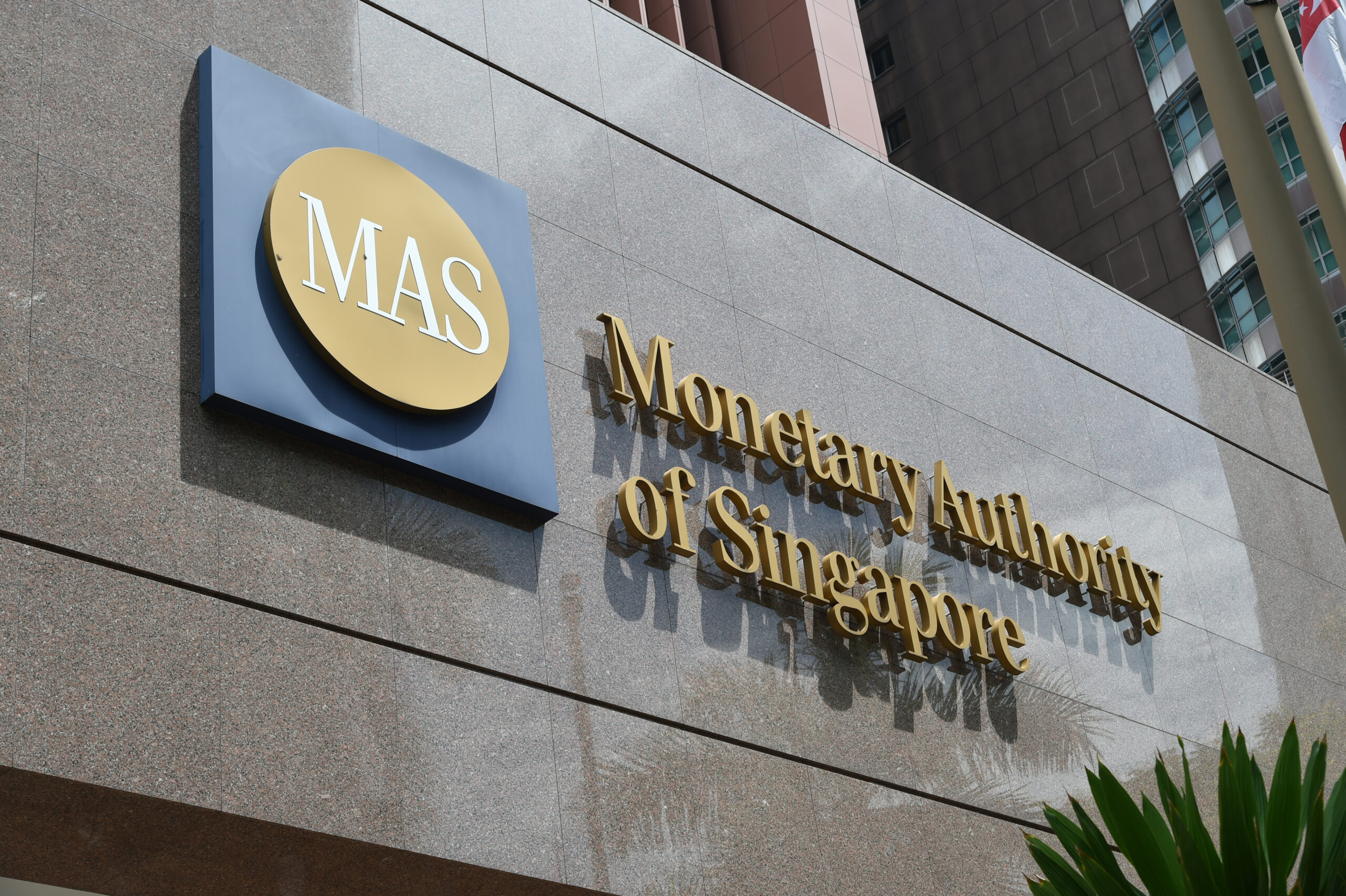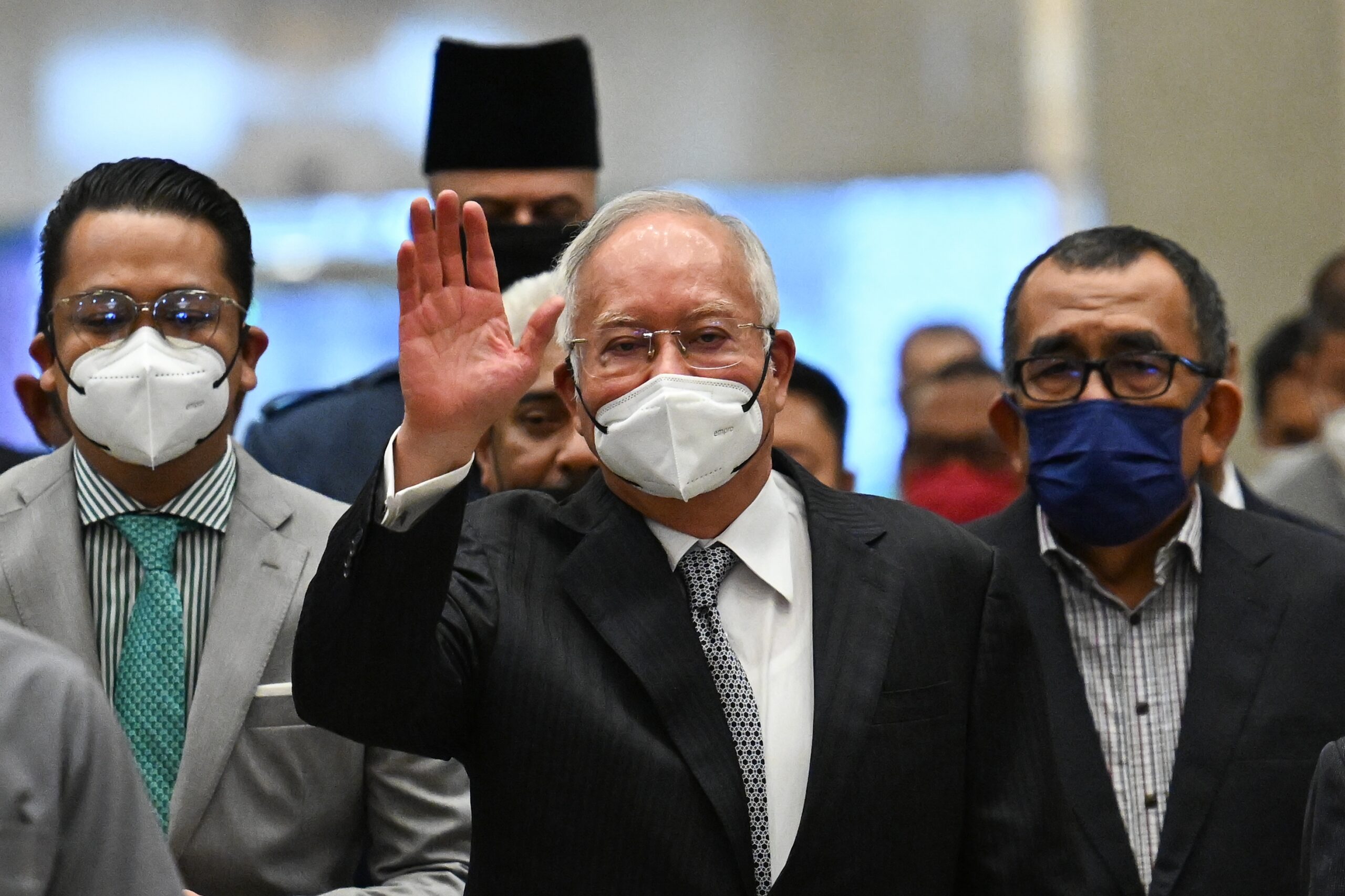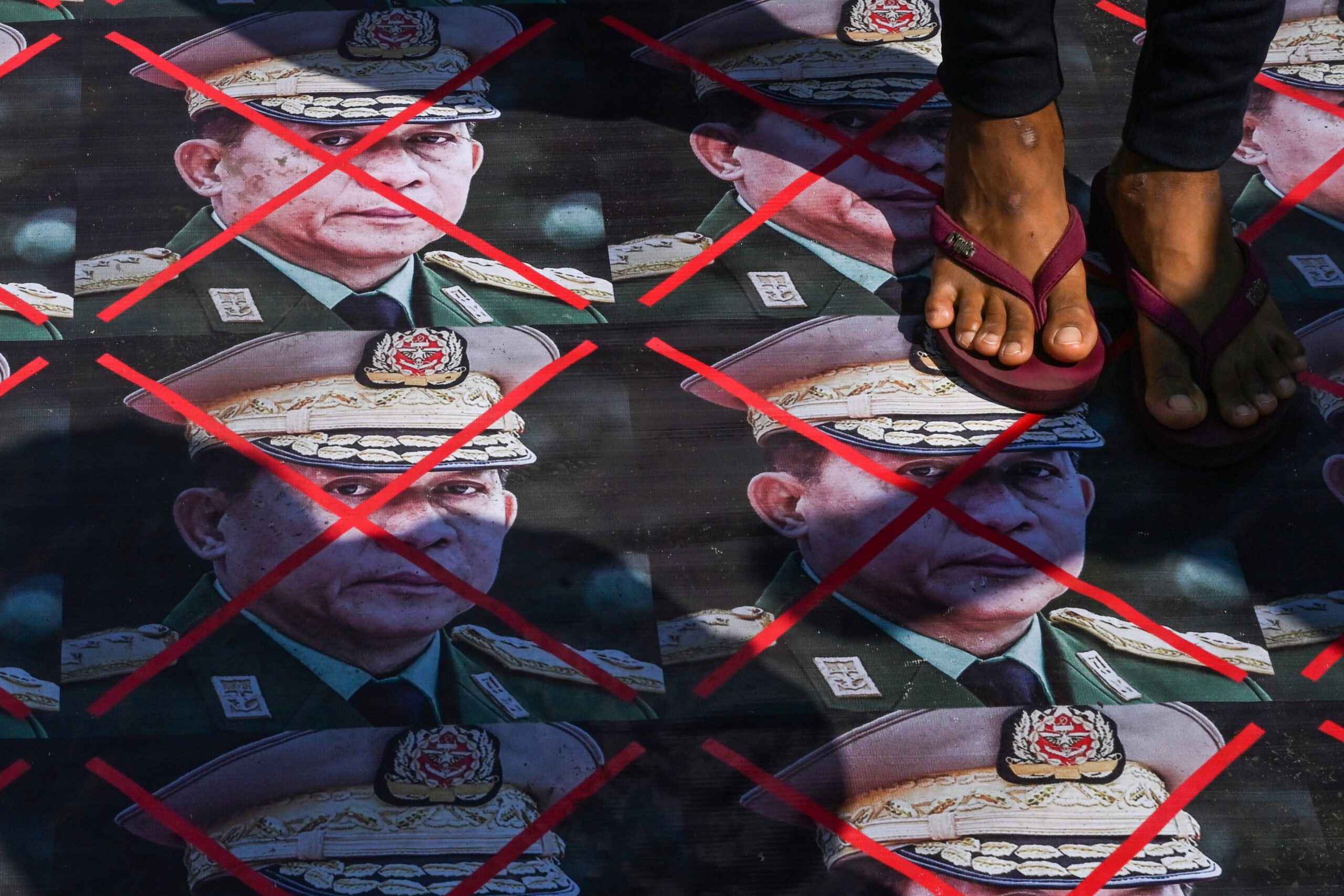Corruption festered last year as the world struggled out of its post-pandemic slump, said watchdog organisation Transparency International (TI) on Tuesday in the release of the latest edition of its annual Corruption Perceptions Index.
“Corruption has made our world a more dangerous place. As governments have collectively failed to make progress against it, they fuel the current rise in violence and conflict – and endanger people everywhere,” stated TI Chair Delia Ferreira Rubio in a release.
As conflicts and economic crises drag on, Southeast Asia’s stubborn corruption levels have triggered claims of “lots of talk with few results,” according to the index report. Leaders at TI are now urging regional leaders to step up and drive change from their findings.
The extended coup in Myanmar has led to a sharp increase in corruption while Malaysia’s long battle against graft in the wake of the 1MBD scandal in 2015 has produced frustrating results, according to TI in its 2022 index. The watchdog noted that Asia Pacific as a whole “continues to stagnate” on the index, and though some countries made gains in fighting petty corruption, the organisation stated that “grand corruption” has remained mostly unchallenged.
The index rates corruption levels state-by-state by compiling data from businesspeople and country experts to issue a national score from zero to 100, with lower scores indicating greater levels of perceived corruption in the public sector.
Corruption has made our world a more dangerous place.”
Delia Ferreira Rubio, TI Chair
When the ranked countries were lumped into regions, only Western Europe and the EU clocked in above 50, with an aggregate score of 66. Southeast Asia on the whole – including Timor-Leste but not Brunei, for which TI did not provide a listing – scored an average of 39.5. The larger Asia Pacific region came in at 45.
Globally, TI stated that post-pandemic economic recovery has taken precedence over tackling corruption. The organisation expressed concern over cross-border money laundering and illegal financial activity, as well as sustained government control over citizens established during the pandemic.
The ASEAN states had a mixed showing in the 2022 index, with most featuring either some progress or backsliding.

On one end, Singapore traditionally leads the region on the TI rankings, with this latest edition being no exception. The organisation rated the city-state with an 83, marking no change from the year the prior.
Myanmar fell on the other side of the spectrum. With a score of 23 on this year’s report after a dramatic drop of five points, the military-led country edged out Cambodia to rank as the most corrupt country in Southeast Asia.
The military’s 2021 coup marked a plunge into corruption for Myanmar, where TI noted digital policing through a “golden firewall” restricts online access to just 1,200 government approved websites. Even as activists who left during the 2021 coup start to make cautious returns, they run the risk of being targeted under “laws they implemented criminalising any actions seen as countering the government”.
Though Myanmar had the steepest fall of any ASEAN state, it’s not the only one to mark a significant decline. Malaysia’s rating of 47 in the latest index came after a one point drop from 2021, amidst a six point fall since 2018.
As Malaysia welcomed its first ever hung parliament in November 2022, the ghosts of corruption past hung over the fight for political leadership. The 12 year jail sentence of former Prime Minister Najib Razak in August 2022 for his involvement in the 1MDB scandal – considered one of world’s largest exposés of corruption – inspired some increased transparency. In the wake of 1MDB investigations, some political parties took to declaring candidates’ assets to appear credible to the electorate.

But in December, the Anti-Corruption Commission opened a new investigation into government projects worth more than $136 billion approved by another former prime minister, Muhyiddin Yassin, who held office between 2020 and 2021. While Muhyiddin denied any wrongdoing, Malaysia’s ranking in the 2022 TI index has reflected a turbulent year.
On the flip side, some ASEAN states have seen their TI ratings climb even as their governments have grown more authoritarian. Vietnam’s new rating of 39 represents a six-point hike from 2020. The increase comes amidst the socialist state’s ongoing anti-corruption campaign, which has led to the removal of multiple ministers. Just earlier this month, President Nguyen Xuan Phuc abruptly resigned – a startling move in Vietnam – under rumours that he was to be targeted as part of the campaign.
At the same time, Vietnam has increased repression of civil society. Human Rights Watch notes that in 2022 alone, Vietnamese courts convicted at least 35 people for either criticising the state or otherwise engaging in activism.
Right next door, Cambodia typically ranks every year among the world’s most corrupt countries on the TI index, with the kingdom’s latest score of 24 keeping that track record alive. However, even as the country struggled with numerous high-profile corruption scandals including the unveiling of its sweeping cyberscams industry, the watchdog group believed the situation in Cambodia had improved to the tune of one point over the year prior, and three points over 2020.
The TI report looks ahead to 2023 with a focus on the potential for change, pointing to elections in Cambodia, Thailand and possibly Myanmar as a chance for voters to advocate for themselves.
“Governments must open up space to include the public in decision-making – from activists and business owners to marginalised communities and young people,” said TI CEO Daniel Eriksson. “In democratic societies, the people can raise their voices to help root out corruption and demand a safer world for us all.”


